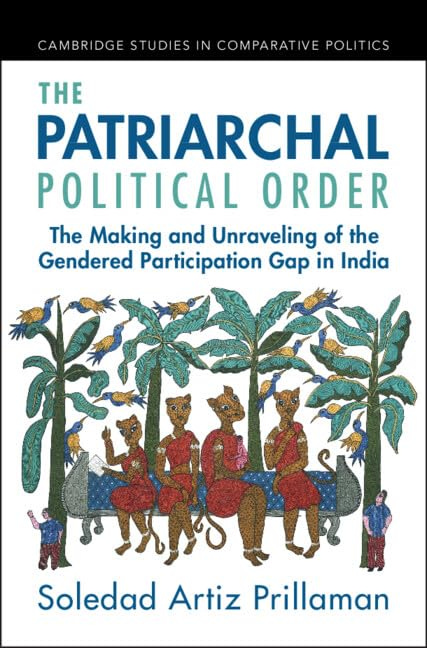What Promotes Women's Political Participation?
In much of the world, politics is dominated by men.
How might this change?
Self-Help Groups have been strongly supported across South Asia. The theory is that if rural women meet regularly to manage small loans, they will build solidarity, recognise shared grievances and collectively assert their priorities. But does this actually happen? And how do rural men react?
Soledad Artiz Prillaman answers this precise question, in her fantastic new book, “The Patriarchal Political Order”. Today she joined me on Rocking Our Priors.
We discussed:
Does Indian women’s high electoral turnout reflect their agency and autonomy?
Why do so few Indian women contact their representatives or voice their concerns in village meetings?
Do Self-Help Groups promote women’s solidarity, knowledge and political participation?
Does this improve income security?
Does it weaken patriarchal beliefs?
How does it affect their political priorities, e.g. domestic violence?
Does gender sensitisation promote gender equal beliefs?
What triggers patriarchal backlash?
What might reduce male hostility?
Soledad is a star, this episode is fantastic. It is 90 minutes long. Enjoy!
Rocking Our Priors is available widely, e.g. iTunes, Spotify.




I'm not surprised that SHGs didn't result in more feminist activism. I'd imagined what happened was that SHGs homogenised social norms and preferences in the community. So women who were oppressed more than the average women in the community probably benefited. While women who were less oppressed might see themselves having a pretty good deal or become more tolerant of their own gender oppression in the future.
Isn't it a stereotype in the west that people are more likely to maintain long term friendship networks than men? Is that assumption wrong in India and Cambodia? Is the stereotype another feature of WEIRD societies?